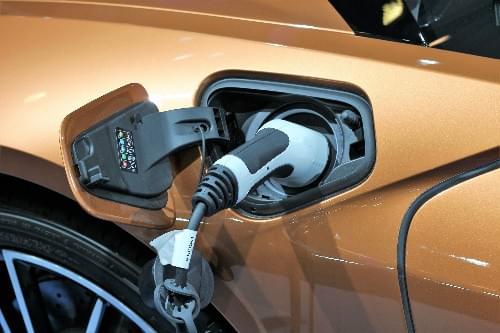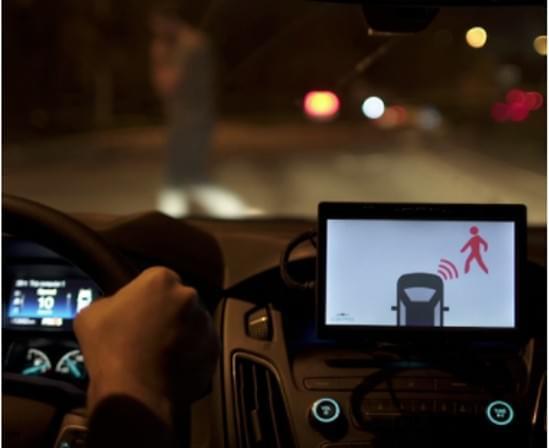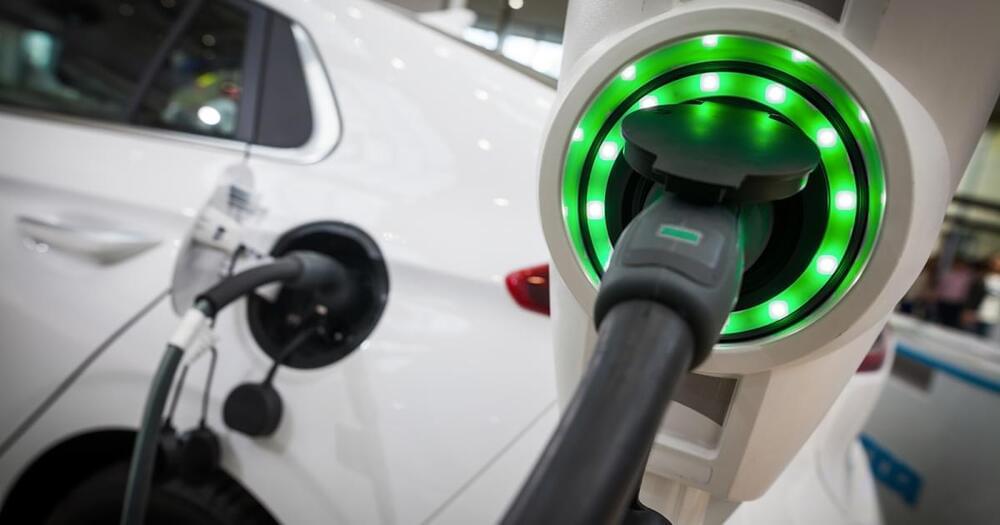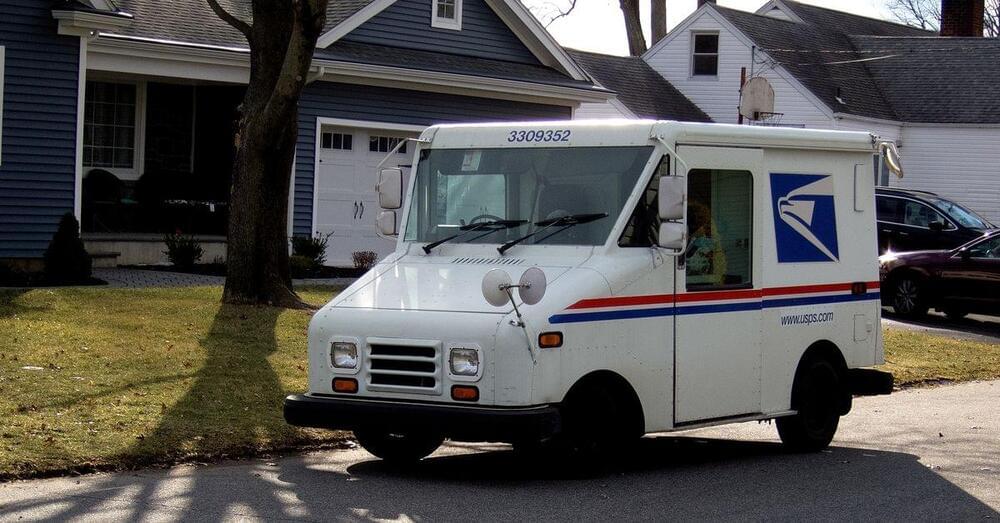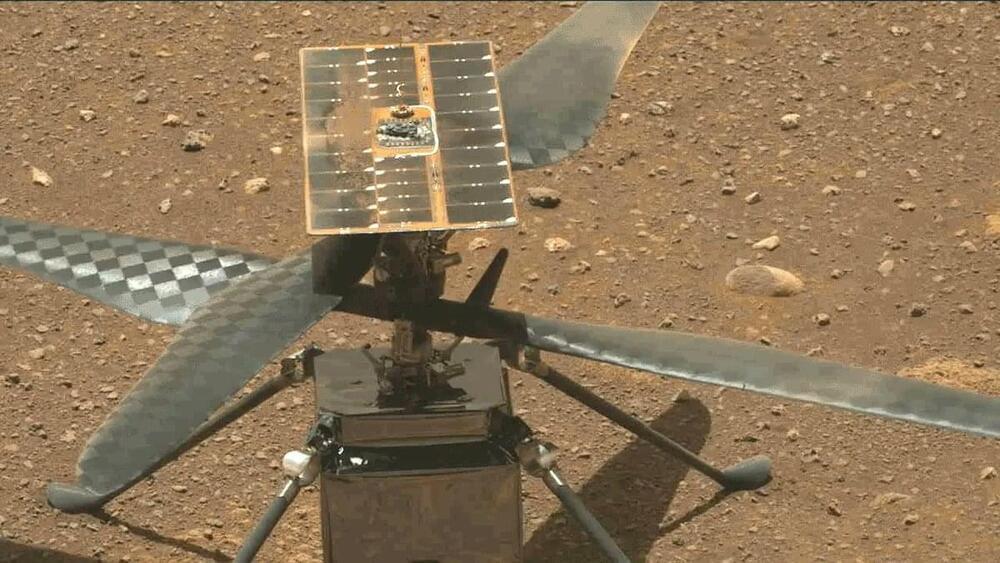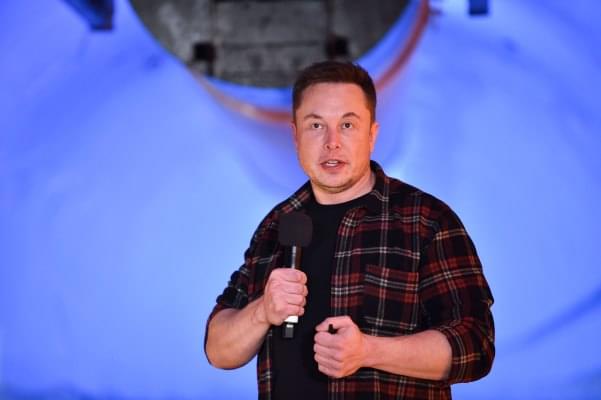Mar 25, 2022
Scientists develop a novel strategy for sustainable post-lithium-ion batteries
Posted by Jamal Simpson in categories: chemistry, sustainability, transportation
Scientists astounded by performance of sustainable batteries with far-reaching implications for e-vehicles and devices.
Researchers at Bristol have developed high-performance sodium and potassium ion batteries using sustainably sourced cellulose.
Scientists at the Bristol Composites Institute have developed a novel controllable unidirectional ice-templating strategy which can tailor the electrochemical performances of next-generation post-lithium-ion batteries with sustainability and large-scale availability. The paper is published in the journal Advanced Functional Materials.
